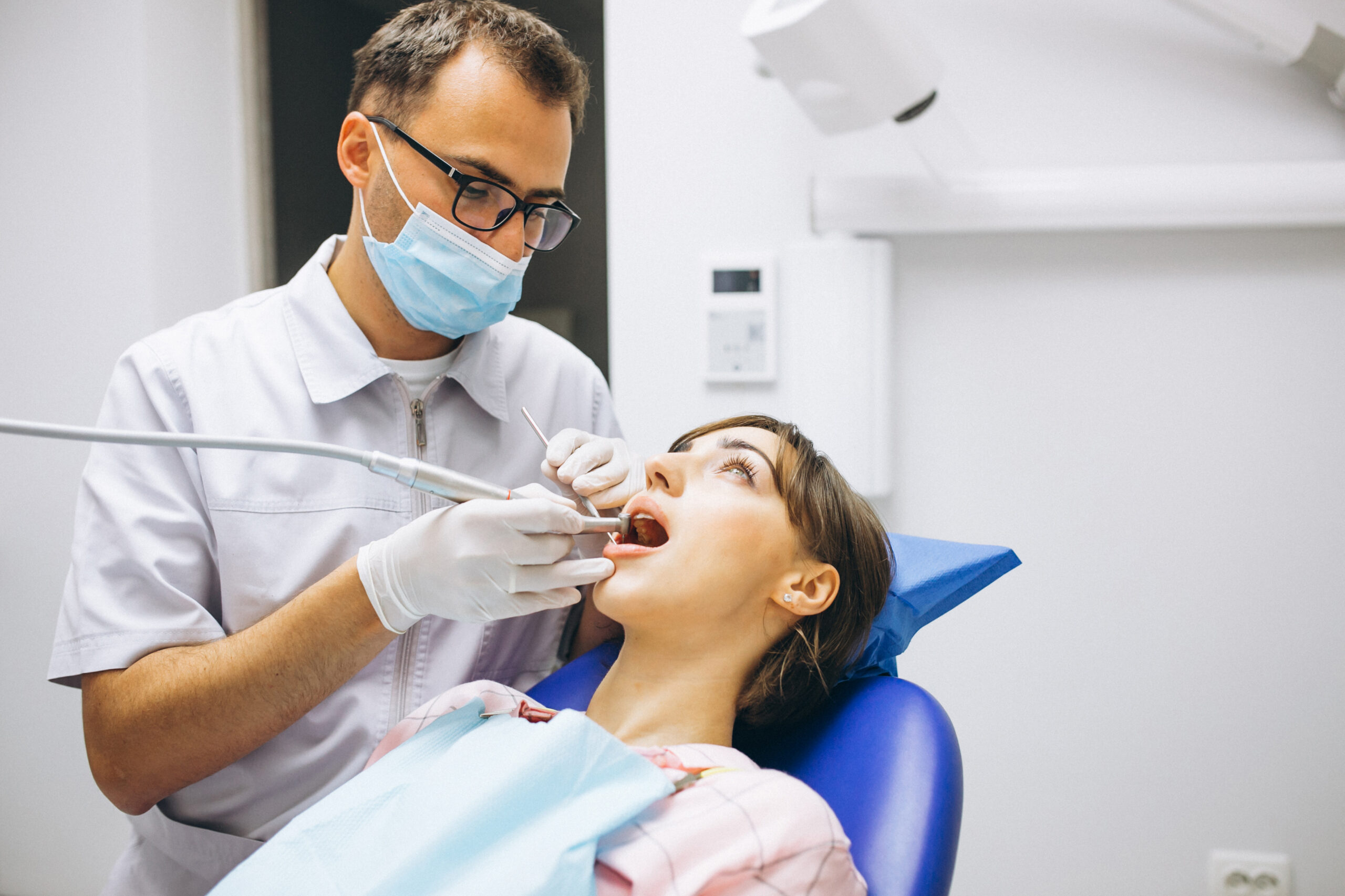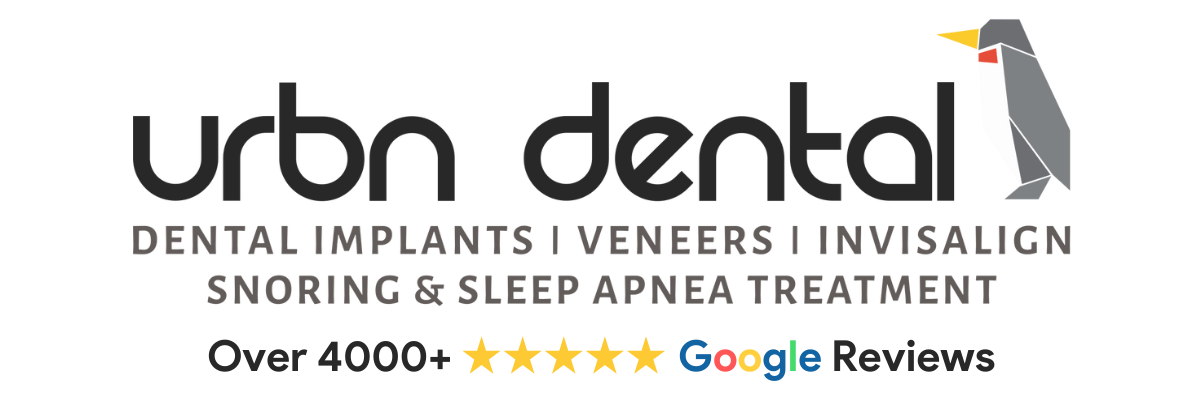
When a sudden toothache, broken crown, or unexpected dental issue strikes, it can throw your whole day off balance. Dental emergencies don’t always happen during convenient hours, and many people in the 77057 area often find themselves searching for quick, reliable help. The good news is that same-day relief is possible when you know where to turn. Having access to trusted dentist 77057 care can make all the difference between lingering discomfort and peace of mind.
This guide walks you through what to expect from emergency dental services, why being prepared matters, and how to find the right provider near you.
Why Emergency Dental Care Matters
Dental problems can escalate quickly. A chipped tooth from biting something hard may seem minor, but if it exposes sensitive areas, it can cause significant pain or lead to infection. A knocked-out tooth requires immediate attention if you want the best chance of saving it. Even something like sudden swelling around the gums should be checked as soon as possible, since it could point to an underlying infection.
Many patients delay care because they hope the issue will resolve on its own. Unfortunately, dental emergencies rarely improve without treatment. Having a trusted Dentist Near Me in mind before a problem occurs can save you stress and time when an urgent situation arises.
Common Types of Dental Emergencies
Knowing what counts as a dental emergency can help you act quickly. Some of the most common include:
-
Severe toothaches that do not improve with over-the-counter pain relief
-
Knocked-out teeth (avulsed teeth)
-
Broken or cracked teeth causing pain or sensitivity
-
Lost fillings, crowns, or dental restorations
-
Gum or jaw swelling that could indicate infection
-
Abscesses or visible pus near the tooth or gum line
-
Injury to soft tissues like the tongue, lips, or cheeks
While not every situation requires immediate treatment, anything that causes persistent pain, swelling, or risk of infection should be addressed quickly.
What to Expect During an Emergency Visit
When you contact an office for urgent care, the staff will usually ask a few questions about your situation. This helps them determine how quickly you should come in and whether temporary at-home steps may help until you arrive.
At your visit, the dentist will examine the affected area, take X-rays if needed, and explain the issue clearly. Treatment may be immediate—such as repairing a broken tooth or draining an abscess—or it may involve stabilizing the problem and scheduling follow-up care.
The main goal of emergency dental visits is to relieve pain, protect your oral health, and prevent the issue from getting worse.
The Role of Preventive Habits
While not all emergencies are avoidable, good oral care routines can help reduce risks. Brushing twice a day, flossing, and visiting your dentist regularly are all key. Many patients benefit from using techniques that improve how well brushing removes plaque. One common example is the modified bass brushing technique, which focuses on gently cleaning along the gum line where buildup often starts.
Being consistent with these habits can help limit the chance of sudden issues like gum infections or cavities turning into emergencies.
Finding an Emergency Dentist You Can Trust
If you live in the 77057 area, you don’t want to be scrambling for help in the middle of the night or over a weekend. Planning ahead by identifying a reliable practice gives you peace of mind. Look for an office that:
-
Offers same-day or after-hours appointments for emergencies
-
Clearly explains treatment options and costs
-
Has experienced staff familiar with urgent cases
-
Maintains modern technology for quick diagnostics
-
Provides a comfortable, calming environment
Building a relationship with a trusted provider before an emergency happens means you’ll know exactly where to go when you need immediate help.
Cost and Insurance for Emergency Dental Visits
Costs vary depending on the severity of the issue and the type of treatment needed. A simple filling for a lost restoration will usually cost less than procedures for trauma or infection. Many dental offices work with insurance providers and may also offer payment plans to make emergency care accessible.
If cost is a concern, it’s best to ask your dentist upfront about pricing and available options. This way, you won’t have to make financial decisions while already dealing with discomfort.
How Fast Should You Act?
Timing is critical for certain emergencies. A knocked-out tooth, for example, should ideally be placed back in its socket or kept in milk and seen by a dentist within the hour for the best chance of saving it. Sudden swelling, abscesses, or persistent bleeding also require prompt attention.
Even if you aren’t sure whether something counts as urgent, calling a provider for guidance is always better than waiting.
Emergency Dentist Near Me: Your Local Option
For those in and around the 77057 community, having an Emergency Dentist Near Me ensures that help is never far away. Many patients find comfort in knowing that skilled care is close by, especially when dealing with pain or uncertainty.
Final Thoughts
Dental emergencies are never convenient, but they don’t have to be overwhelming. Preparing ahead by knowing who to call and what to expect can save you from added stress. Whether it’s a sudden toothache, a broken crown, or something more serious, same-day dental care in 77057 is available.
By choosing the right practice and keeping up with preventive care, you can feel confident that relief is always within reach.
FAQs about Emergency Dental Care in 77057
Q: What should I do if I knock out a tooth?
A: Handle the tooth carefully by the crown, rinse it gently with water, and try to place it back in the socket if possible. If not, keep it moist in milk or saline solution and see a dentist immediately.
Q: Can I go to the ER for a dental emergency?
A: Emergency rooms can help manage pain or serious infections, but they typically don’t provide full dental treatment. Seeing a dentist directly is usually best for long-term care.
Q: How can I prevent dental emergencies?
A: Regular checkups, good oral hygiene, and protective gear like mouthguards during sports can all reduce your risk.
Q: What if I can’t afford emergency dental treatment?
A: Many offices accept insurance and offer payment options. Asking about costs upfront can help you prepare.
Q: Do emergency visits always fix the issue right away?
A: The main goal is to relieve discomfort and stabilize the problem. Some cases may need follow-up appointments for complete treatment.
